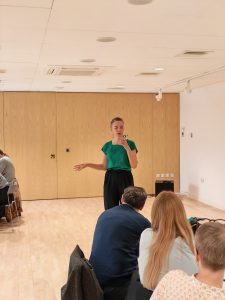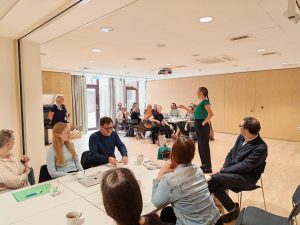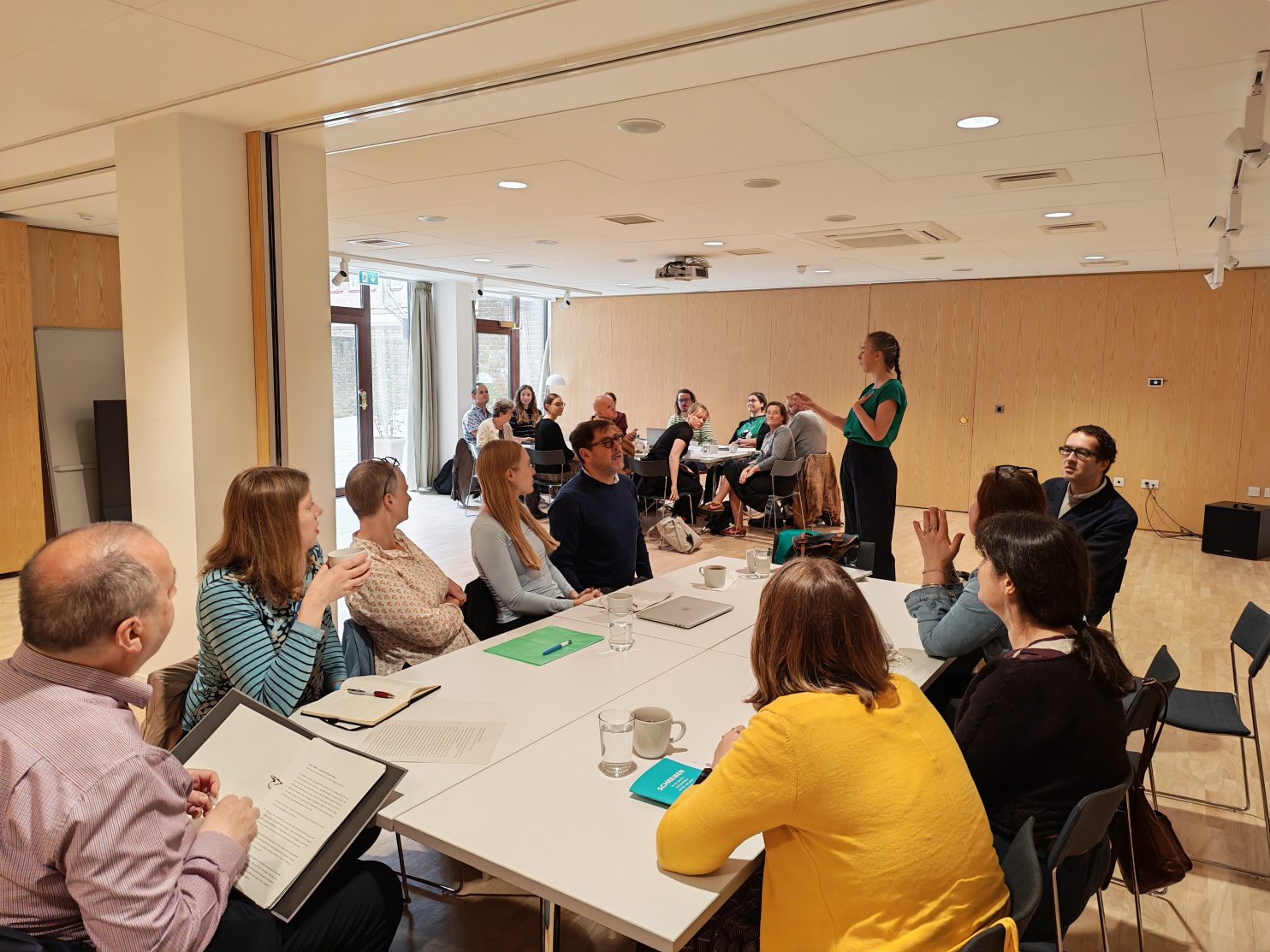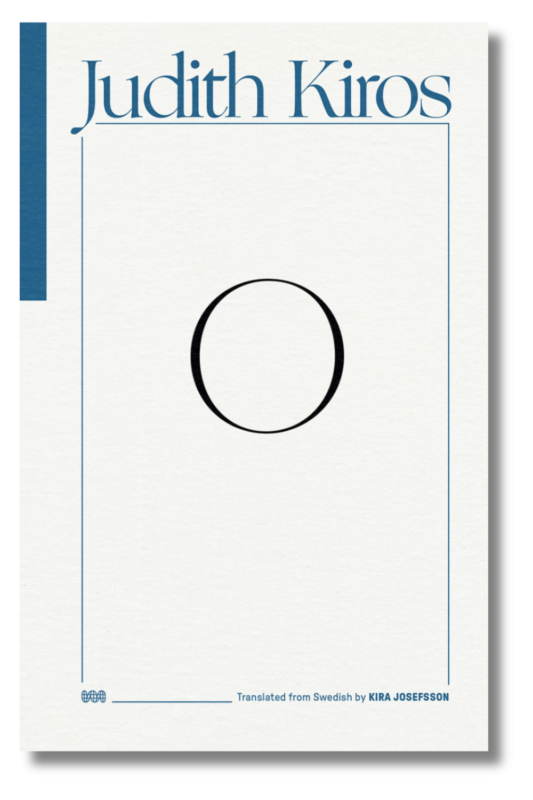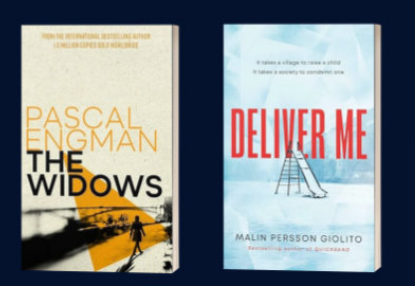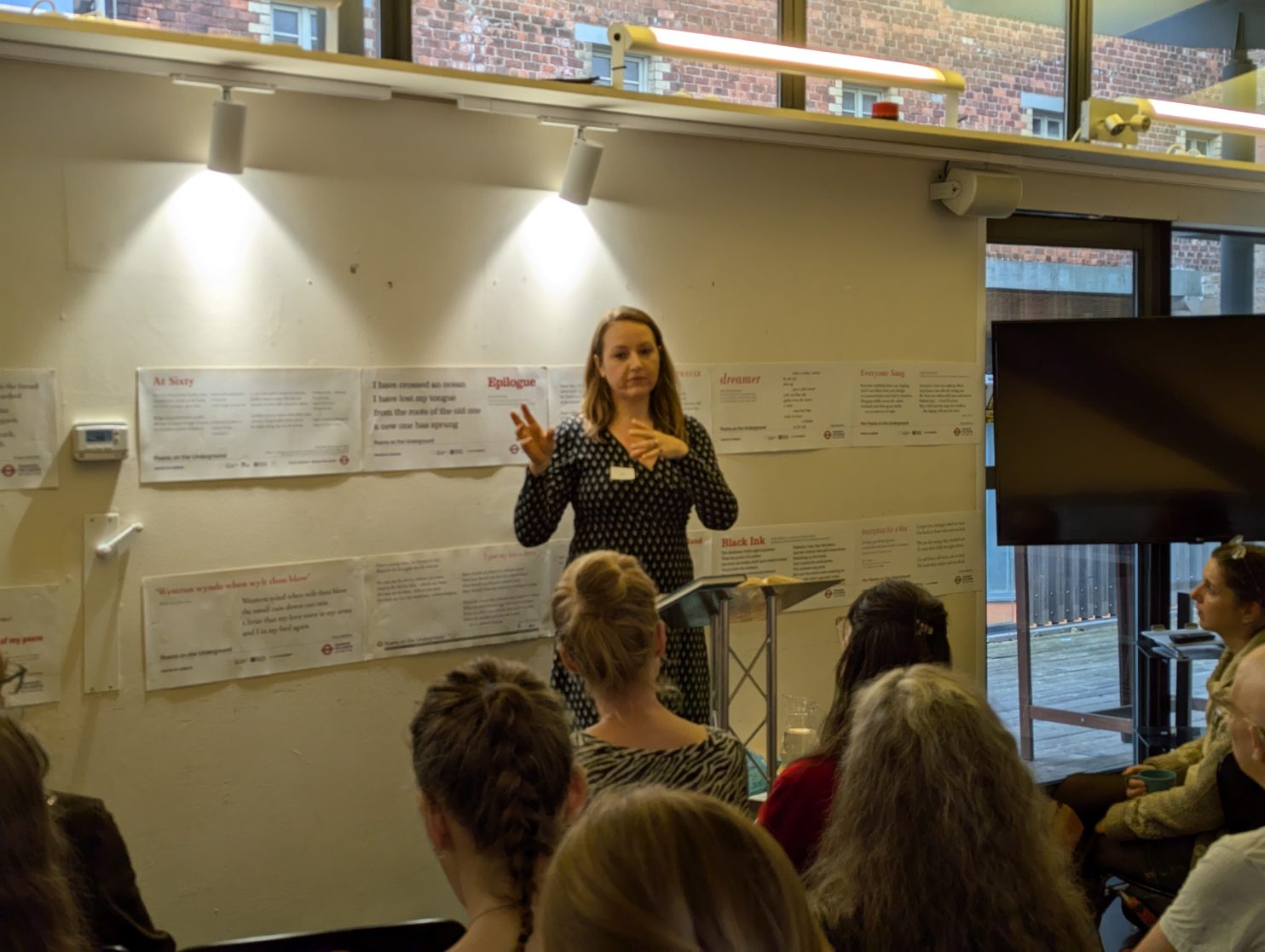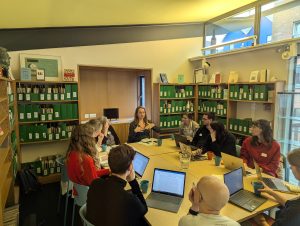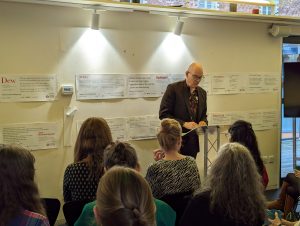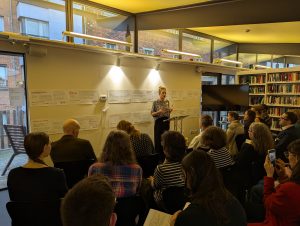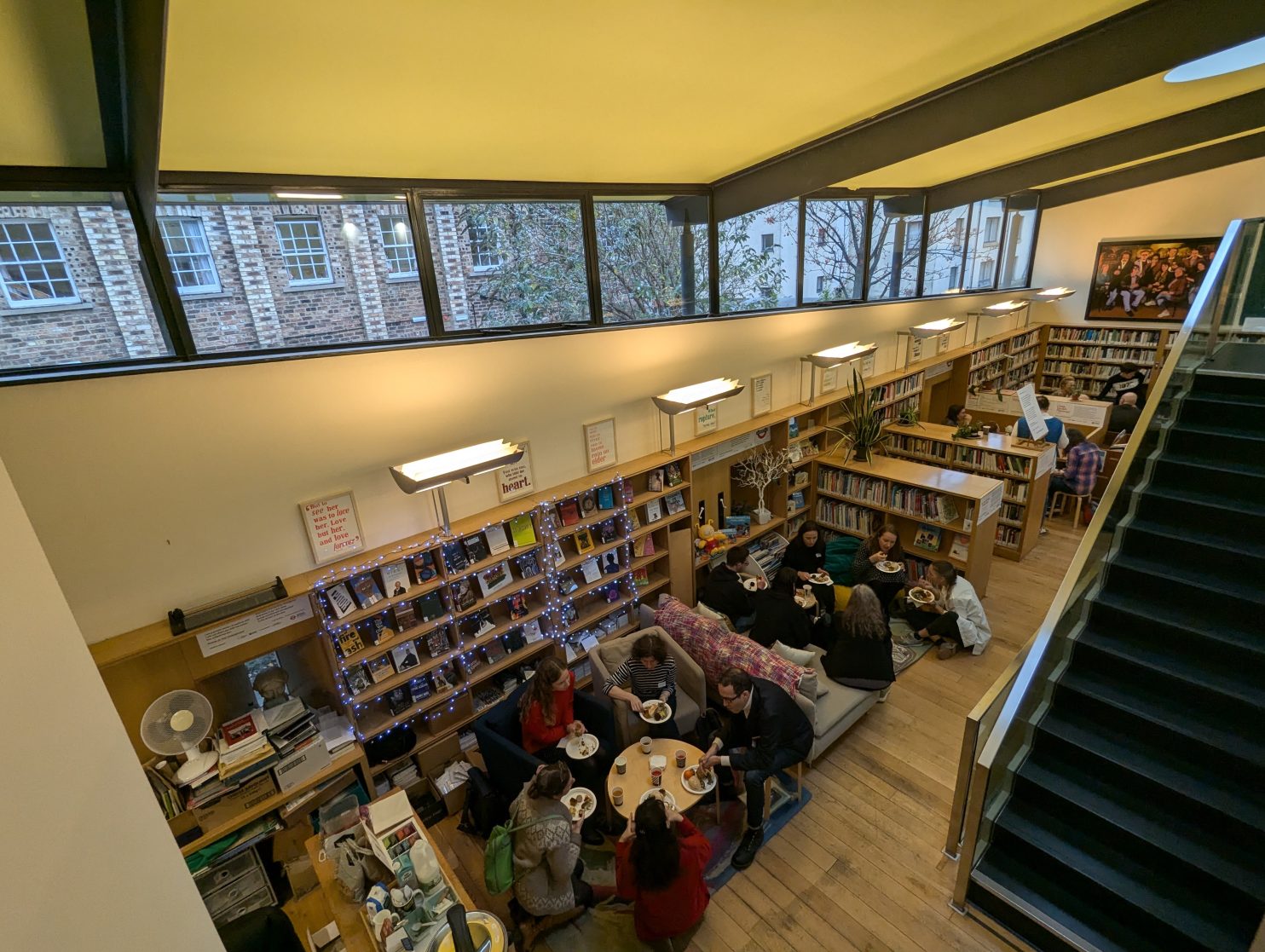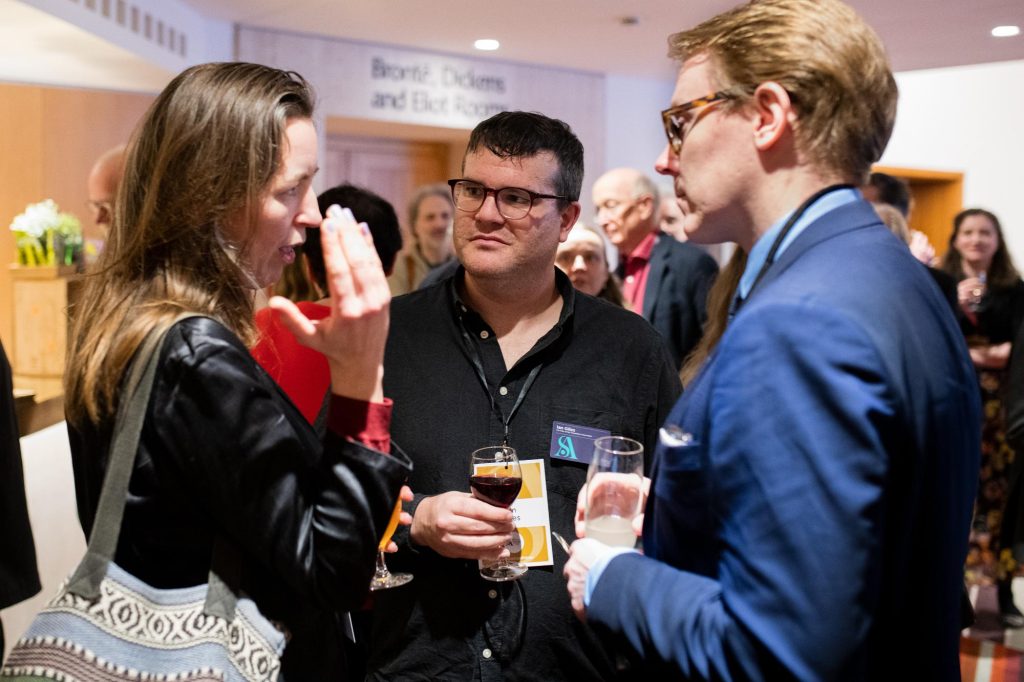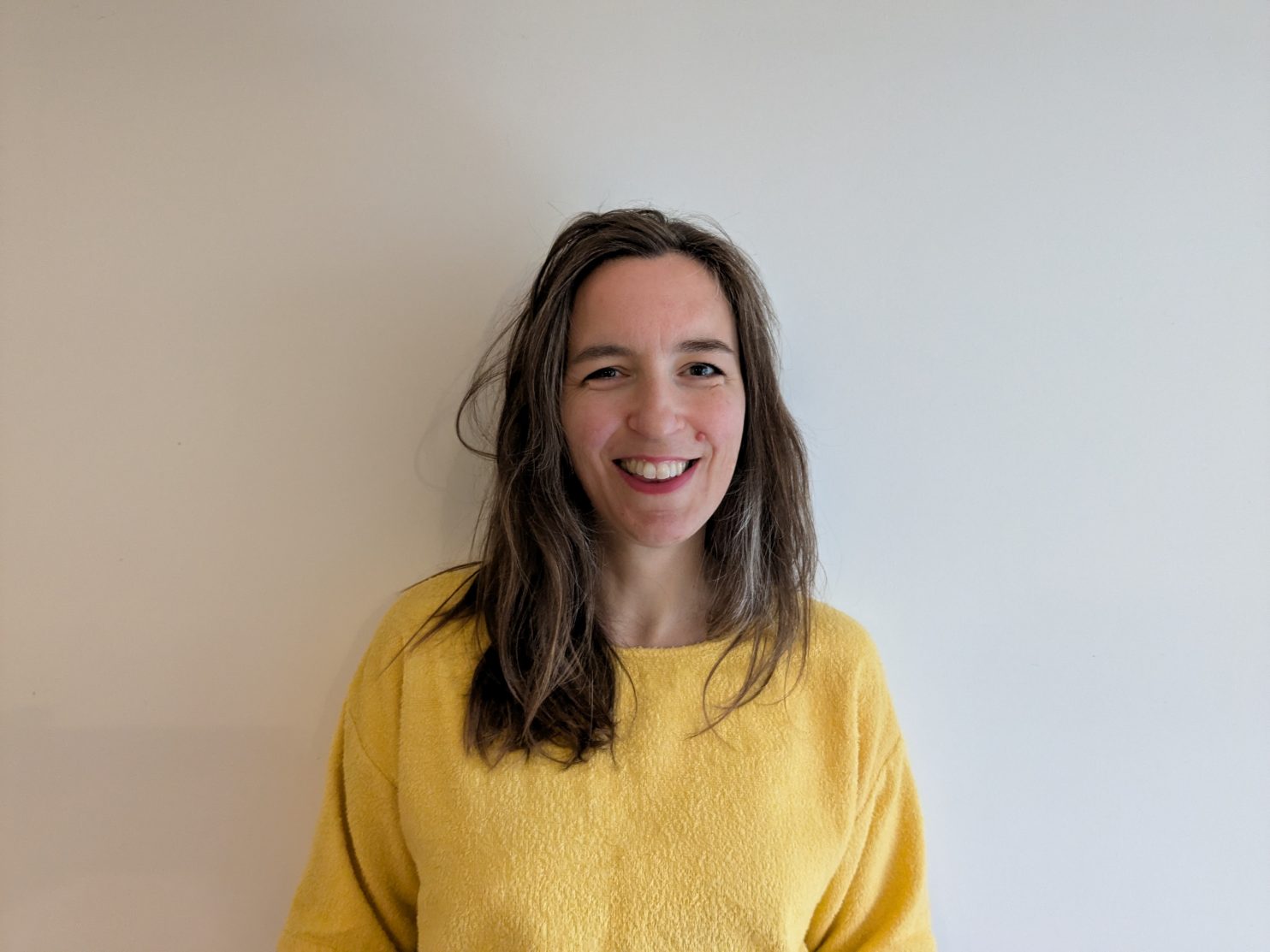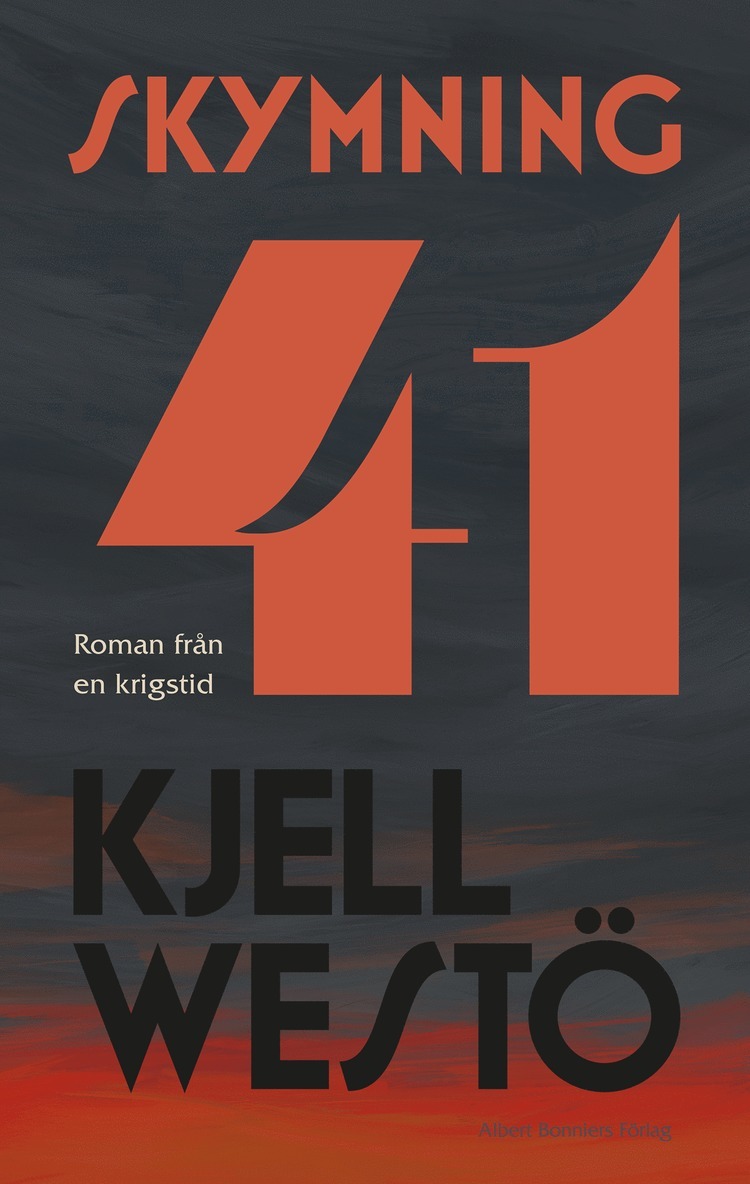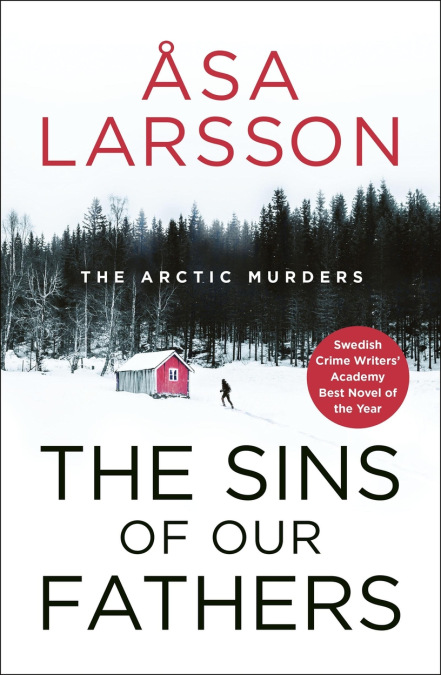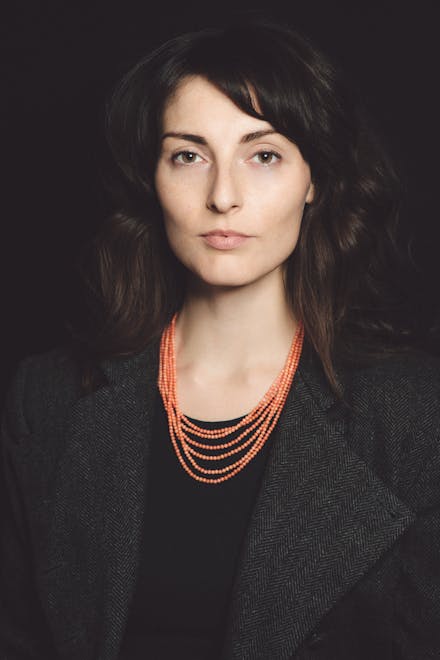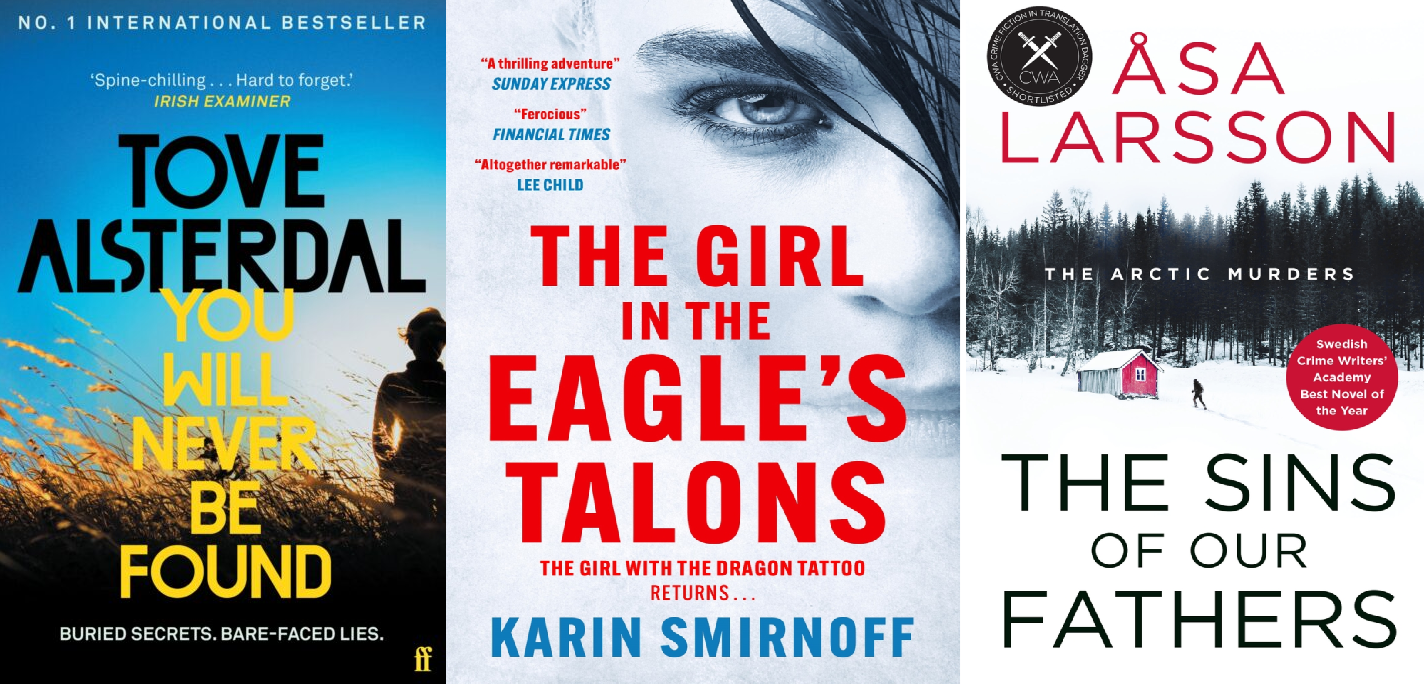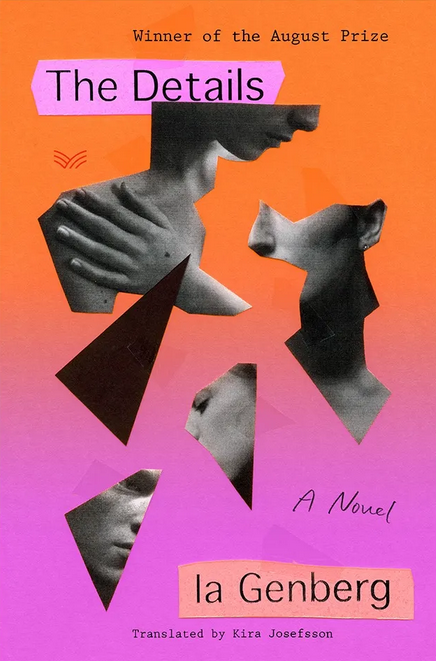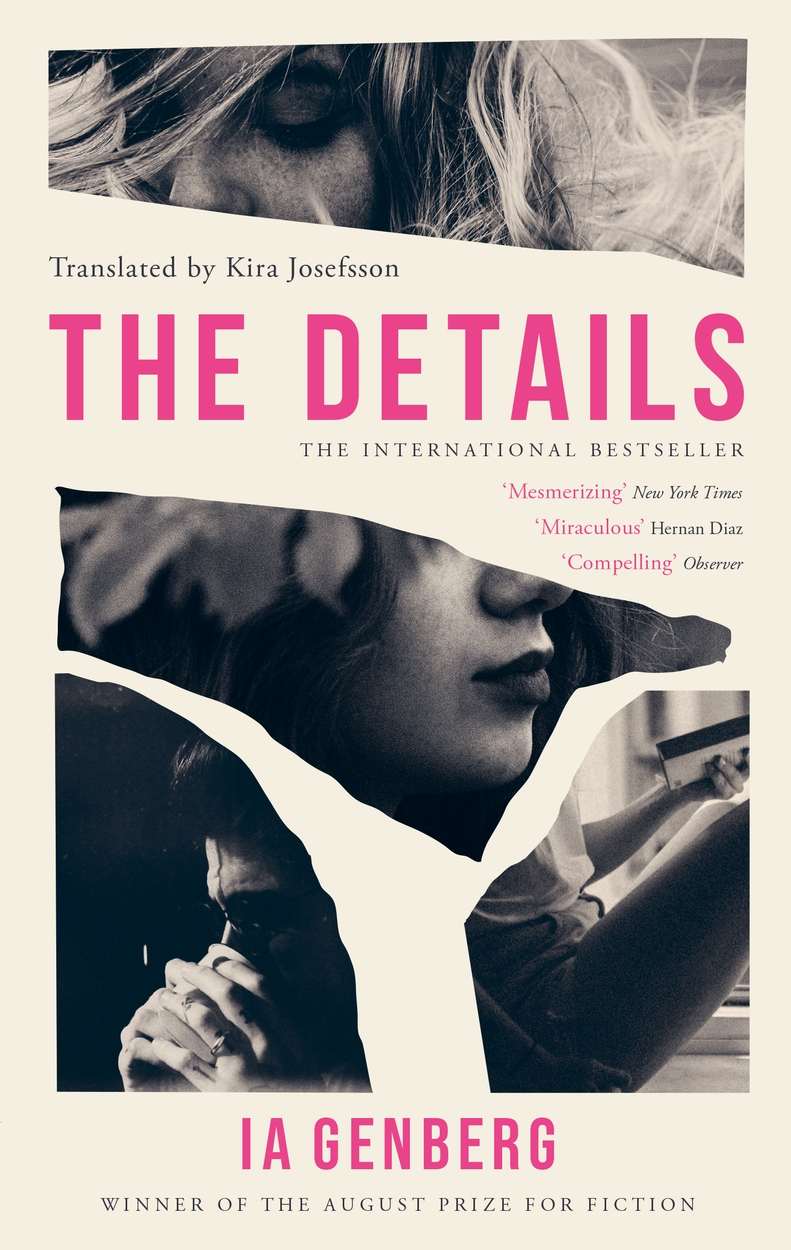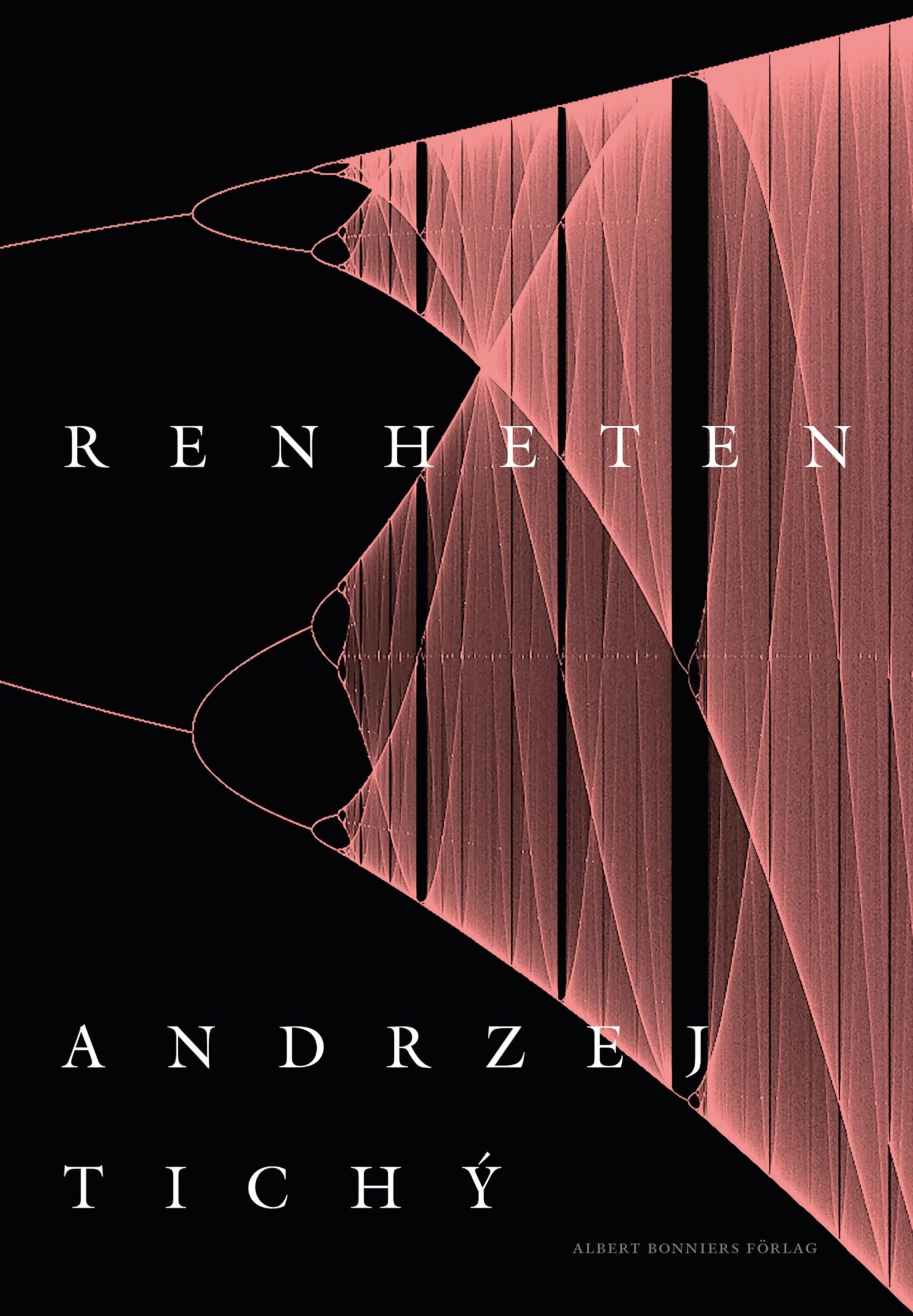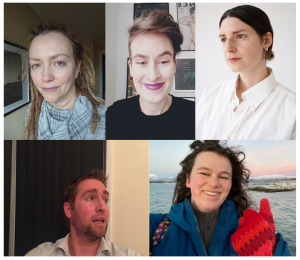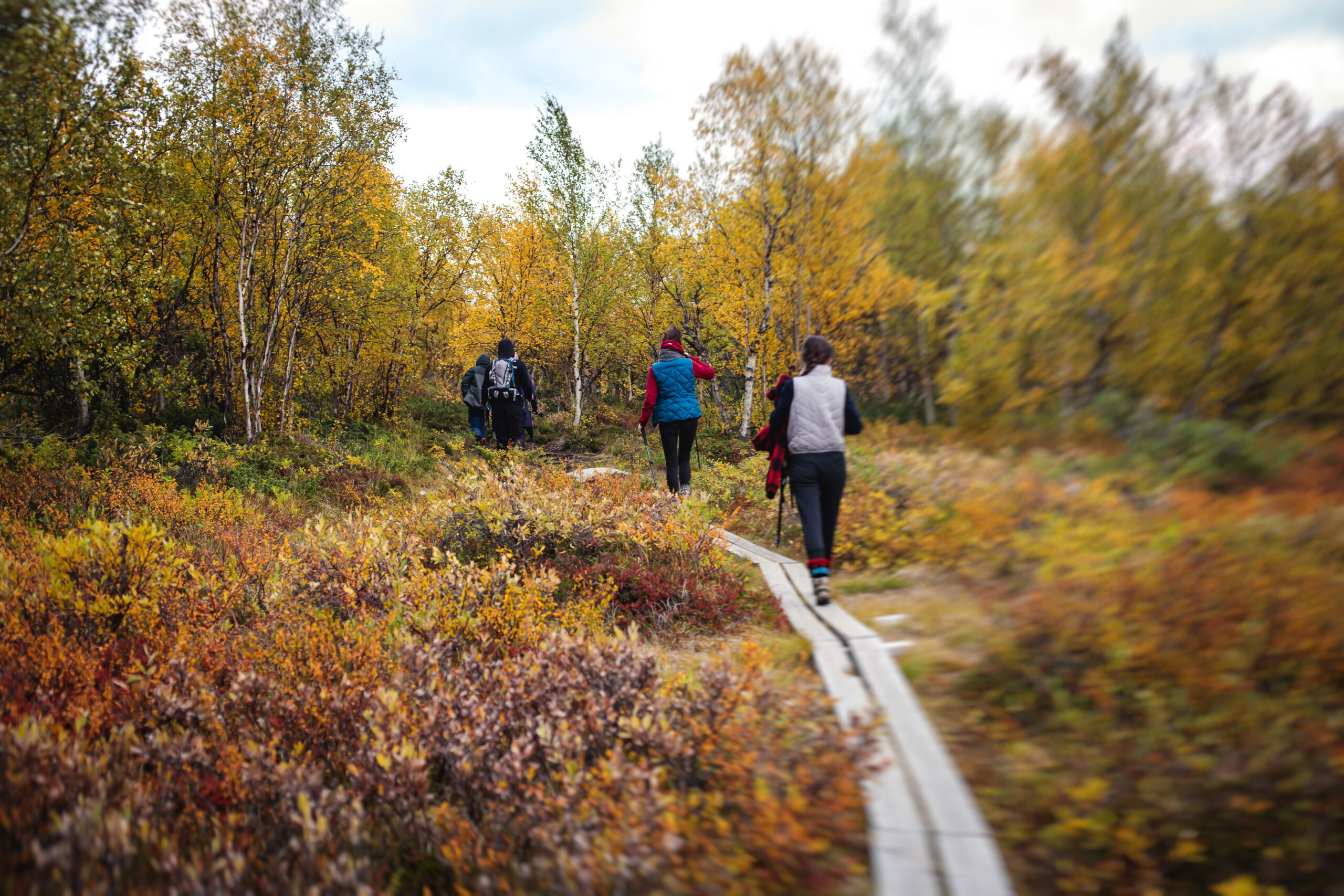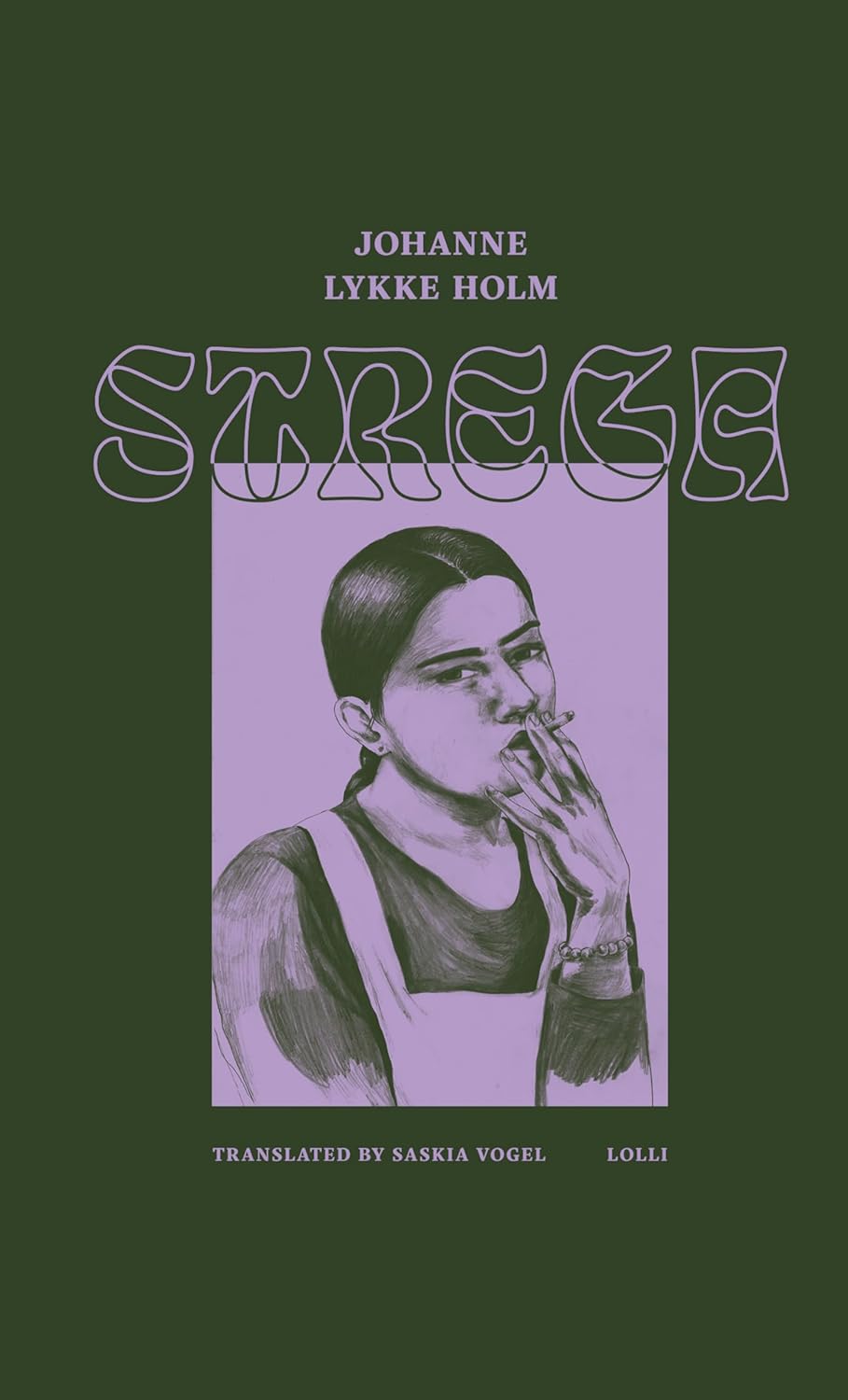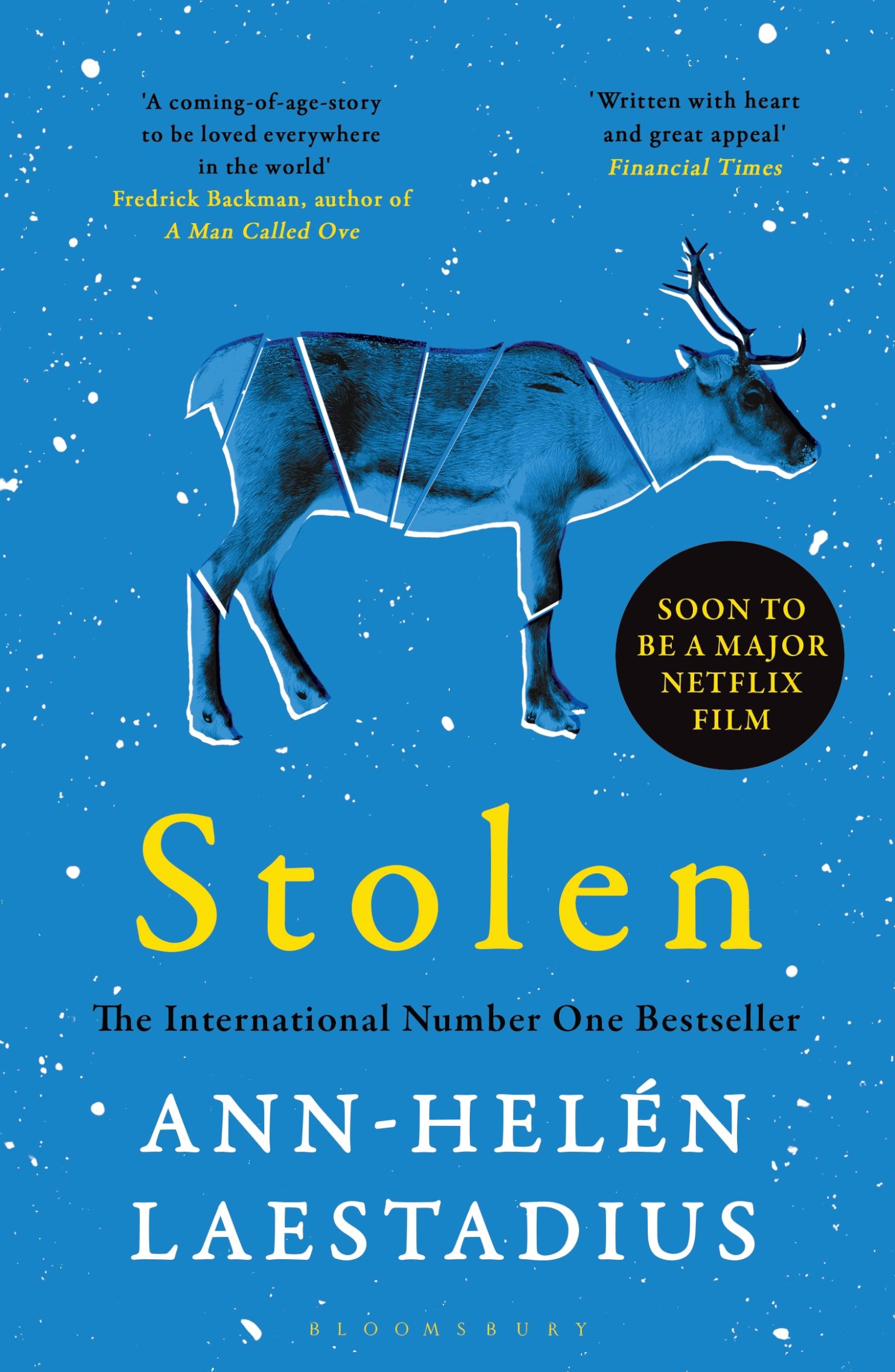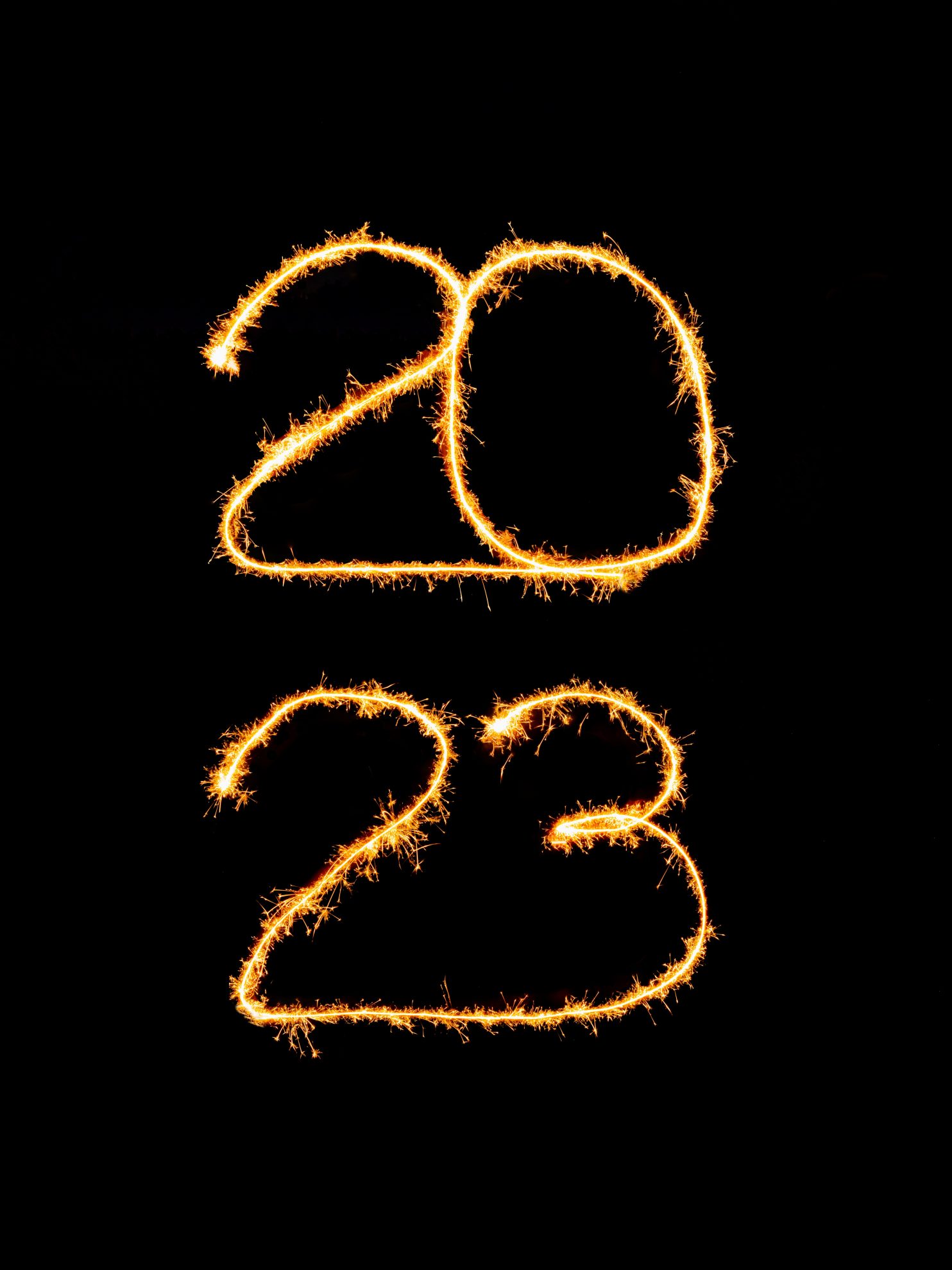Whilst providing a valuable opportunity for translators at different stages of their career – from early to mid-career or in one case, undergraduate – the programme was also intended to be an excellent chance for experienced translators to further develop their mentorship skills.
Our mentee and mentor pairs all met at least five times over the course of the programme to discuss and work on a wonderful variety of literary translation projects, from poetry to graphic novels. Equally important were discussions about the industry itself, from contracts to networking. Against an ever-in-flux translation landscape suddenly jolted in another radical direction by the rise of AI translations, our mentor and mentee pairs had a lot of experiences to share and questions to mull over. We hope that, however uncertain the future, this certainly will not be the last mentorship programme.
Our mentees generously shared their experiences with us– read on to find out the ins and outs of a SELTA mentorship.
Tom Buckle
Being accepted onto SELTA’s 2024 Mentorship and CPD Programme was an exciting surprise and felt like a great opportunity to receive in-depth advice and direct feedback on my own translations from an established translator. From the start, Annie Prime was an encouraging and insightful mentor. She allowed a lot of scope for me to choose which aspects of translating I would like to work on, while also directing me towards tasks that would benefit me most given my limited experience of translating from Swedish into English.
We worked on three very different texts during the mentorship: an excerpt from the novel Inget ska växa över mig (working title: Nothing will grow over me) by Elin Grelsson, a literature studies paper on Kafka’s The Trial by a member of faculty at University of Gothenburg and several chapters from the non-fiction, self-help book Tvärtom (working title: The opposite) by Stefan Pagréus.
Translating these texts presented a range of challenges and learning experiences. Among many valuable lessons, working with Annie helped me to obtain a far more robust frame of reference for when and how best to diverge from the source text, when a more literal translation doesn’t fit well in English. Besides the mentoring raising my proficiency as a translator, it also deepened my understanding of how the translation
business works. In this regard, our work on Tvärtom was particularly beneficial.
Annie received an inquiry from Bonnier Rights on her availability to translate four chapters of the book, and very generously agreed to share the work with me as a co- translation. I was thus able to follow Annie through this project, see the content and tone of her correspondence with the literary agent, and understand much more about the contractual side of translating. For the translation itself, we took two chapters apiece, checked and edited each other’s work, gave and received feedback and alternative suggestions in the documents themselves, and then also discussed our views over the phone. I feel that this experience of actually working on a commissioned project is invaluable, and will hopefully hold me in good stead as I pursue future work. I wholeheartedly endorse the experience as a mentee, thank SELTA for offering this great opportunity and would encourage any other budding translators to leap at the chance of
being mentored.
I am incredibly grateful to have been a mentee: it was such an enriching experience. I don’t think I realised at the start how much fun I would have during the mentorship, but that is exactly what happened: tackling projects with my mentor felt like engaging in a delightful new hobby! The fact that I was paired up with Nichola (Nicky) Smalley in particular felt like a sheer gift: she was the best mentor I could have asked for. Nicky guided and encouraged me with endless patience and kindness, boosting my professional confidence.
I had a long document with questions about the translation industry, from very vague ones (“how on earth do you get that very first literary translation assignment?”) to highly specific ones (“what should a royalties clause in a contract include?”). Nicky patiently answered all these questions, giving me a much better grasp of the industry.
Ahead of each session, we settled on an excerpt by a particular author (Malin Lindroth, Linda Segtnan, Tove Alsterdal, Emma Hamberg) that I’d work on until the next meeting. Nicky gave me the freedom to propose texts myself (I really enjoyed working on Lindroth’s Nuckan), but also convinced me to tackle genres I wouldn’t have chosen myself. This led to interesting discussions about the demands of different genres, how to produce a strong translation even when you don’t vibe with the source text, and how to get a feel for the particularities of certain genres. During our next meeting, we then went through my translation together, with Nicky offering constructive criticism and/or sharing existing translations of the same text, so we could compare both translations and discuss differences and similarities.
Main lessons I learnt
– I know much, much more about the translation industry than I did a year ago, both thanks to Nicky and thanks to other SELTA members suggesting workshops and events to attend. Getting to meet other SELTA members added real value to the mentorship, with so many people sharing personal tips. Perhaps the main lesson here is that literary translators are a fantastically generous, supportive and knowledgeable family that I’d love to be a part of!
– My favourite ‘Nicky lesson’ is the importance of rhythm in translation. Nicky has an
incredible and innate affinity with the musicality of language. “How does it sound, Eva?” she would ask me. “Listen to the text. Hear the author’s voice – then make sure your translation sings in that same voice.” Thanks to Nicky, I will never be the same translator again: I now close my eyes and use my ears instead, to feel language’s song rather than its sentences.
Jessica Cox
As the graduating student selected for the mentorship scheme, I came into it with zero knowledge of the industry, very limited experience in translation, and no connections within the sector. I found that with Saskia as my mentor, I got so much experience of all of these elements and now find myself much better placed to begin my translation career. Saskia has been an incredibly useful resource for any and all
of my questions about translating texts, making industry connections and interactions with clients. I truly would not be placed so well for my future career in translation without the extensive help of both Saskia and SELTA.
I’ve worked on a couple different projects over the course of this mentorship. My first project was translating a short story from Jonas Karlsson’s Den perfekte vännen, which I have submitted to a range of journals with an aim to publication. My mentor helped me along at every stage of the process, demystifying the world of literary journals and building my confidence in the fact that I could even try submitting my work, as well as helping me in the translation itself, especially with maintaining unique voices for each character.
My second project was translating Så funkar havet by Lasse Åberg for the foundation Voice of the Ocean, which is my first ever paid and commissioned work. Saskia recommended me personally for this project and I will never be able to thank her enough. She helped me along not only with the translation, but also with negotiating my fee and making sure that I was getting fairly compensated for my work. Not only would I not have gotten this job without the mentorship programme, I also would not have been able to negotiate fair and timely payment.
My final project was simply trying my hand at translating poetry, which is something that I found incredibly daunting. It’s not necessarily something that I’ll be submitting anywhere, but Saskia’s advice has been invaluable and has given me the confidence to carry on translating poetry in the future.
The simple opportunity of joining in with SELTA activities has also been immensely helpful to me. Being able to connect with professional translators of Swedish has been both inspiring and a valuable resource for getting to grips with the variety of experiences within translation circles. While mentorships are
understandably a very finite resource, I think reaching out to university Scandinavian departments to include a few students in any events that SELTA holds is a great idea – I did speak to the second year Edinburgh student at the translation workshop in October, and it seemed to me that she really benefitted from the opportunity. I could never adequately express just how much SELTA and, in particular, Saskia have helped me in carving out the very beginnings of my career in translation, and I will always be infinitely grateful for this opportunity.
I was a relatively new member of SELTA when I attended the BCLT’s online Advanced Scandinavian Translation Workshop, and one of my key takeaways from the event – as well as the buzz that I always get from a high quality translation event – was how organised, energetic and down-to-earth Ian Giles is.
So when the SELTA mentorship scheme was launched and Ian was listed as one of the mentors, I knew who I wanted to choose! Particularly as his areas of interest included “exploring what our translations are used for in the publishing industry”. Since I’ve been a commercial translator for well over a decade, I know how to do the actual translation bit (though obviously there’s always room for improvement!). But the actual nuts and bolts of how the publishing industry interacts with translation, and indeed how the publishing industry works at all, were (ahem) a closed book to me. The fact that the mentorship began with a trip to London Book Fair was rather daunting. As someone who lives in a very small Swedish rural town – and perhaps above all as a late-diagnosed autistic – such events are extremely daunting for me. But with Ian to call upon and guide me through the melee, everything went swimmingly. I think it helped to have set the goal of merely surviving the fair, rather than feeling that I had to come away from it with tons of new contacts. Though I did make some new contacts too, and even gained the confidence to later approach the Gothenburg Book Fair on my own.
Looking back now that the mentorship is officially over, I’m still thrilled to have been accepted as a “mid-career translator”, and delighted with what I gained from the experience. Even outside our scheduled sessions, Ian has always been ready to help out with practical insider knowledge. We’ve worked on several texts together, and are about to embark on a full-length non-fiction title. But more than this, I now feel like I do have a place in the literary translation world, and that the trade events so intimidating to the uninitiated are actually a lot of fun.
Read Jane’s translated extract from The Game (Leken) by Jörgen Gassilewski in Swedish Book Review 2025:1.
Corinne Platten
In applying for the SELTA mentorship as an emerging translator, I looked forward to gaining practical knowledge and skills of the craft of translation, as well as guidance in navigating the translation world. In doing so, I hoped that it would lead me closer to publishing a translated piece of fiction in English. Having focused on these goals together with my mentor BJ Woodstein throughout the mentorship, I feel significantly strengthened in my ability to move forward independently with potential translation projects.
Following the official beginning of the mentorship at the 2024 London Book Fair – in itself an eye-opening experience and a wonderful networking opportunity – BJ Woodstein and I have primarily worked on a translated excerpt of Swedish graphic novel “Fattigt skryt”, by author Cecilia Vårhed. Published in the fall of 2023 by Galago, “Fattigt skryt” is a trippy saga about broken love, class, friendship and the quest to land on one’s feet. From a technical perspective, this work allowed us to dive into the question of translating onomatopoeia, a frequently recurring feature throughout the book. We also identified and discussed specific challenges related to the translation of graphic novels, such as the issue of space constraints within a panel.
Alongside working on these translation aspects, BJ Woodstein guided me through the process of seeking permission to translate from the original publisher as well as finding an appropriate outlet for publication. The work was greatly facilitated by Cecilia Vårhed, who graciously offered to insert the translation proposal into the graphic panels. Ultimately, the translation proposal was published in the Swedish Book Review in September. As such, this project has allowed me to gain insight into all the different steps that allow a translation to come into being, from initial idea to finished publication.
Following this, I have begun working on a translated excerpt of yet another graphic novel; “Portal” by Edith Hammar, a Finland Swedish writer and artist. Set against the backdrop of both contemporary and post-war Helsinki, “Portal” offers a unique exploration of queer Scandinavian history and use of Finland Swedish language. Timewise, this excerpt will be presented to relevant literary magazines for consideration in the coming weeks.
I would like to express my sincere appreciation to the SELTA committee for this wonderful opportunity and to my mentor BJ Woodstein, in particular, for her generosity and enthusiasm throughout my mentorship.
